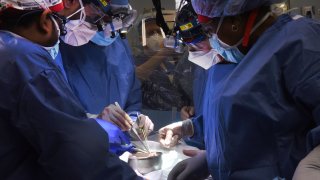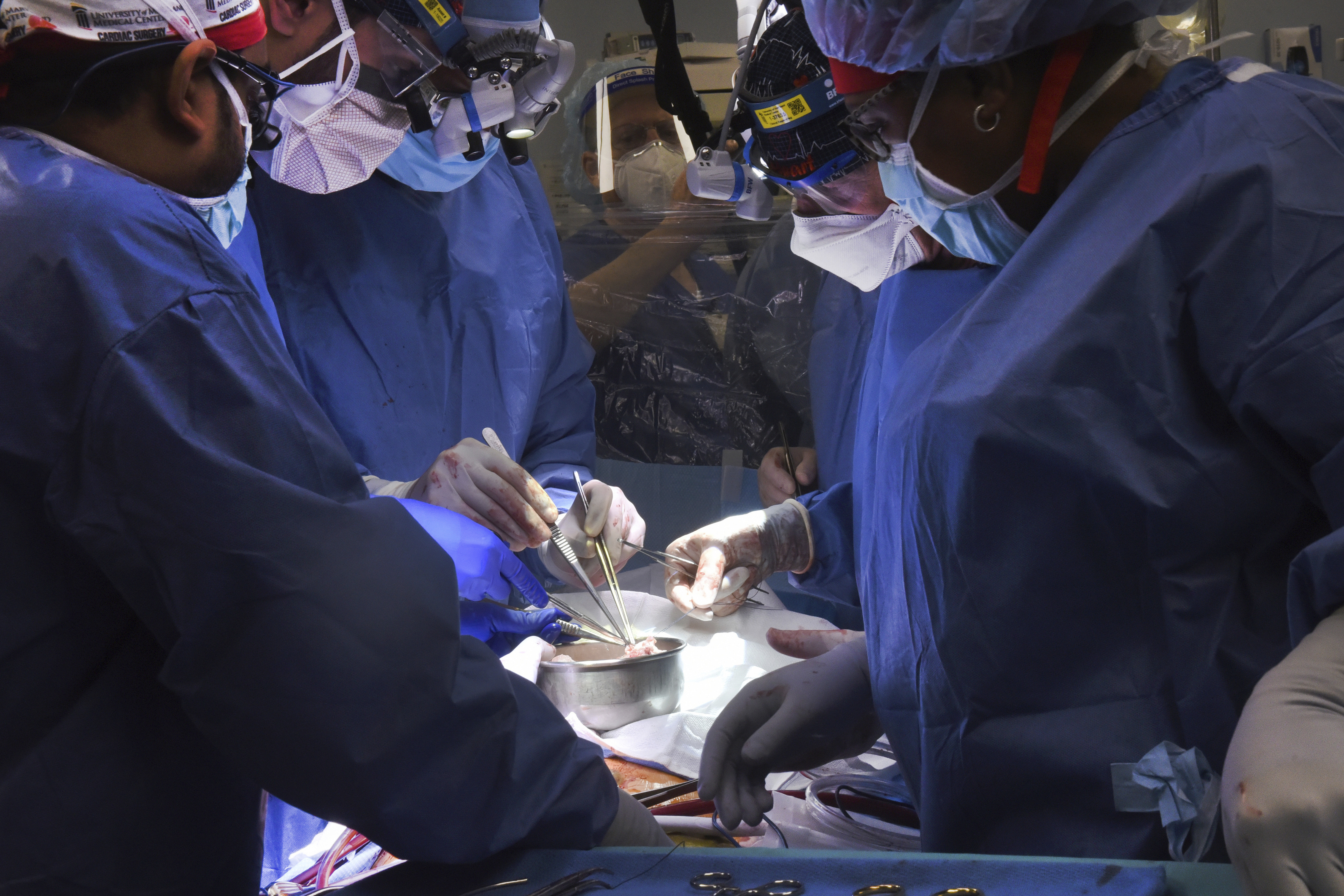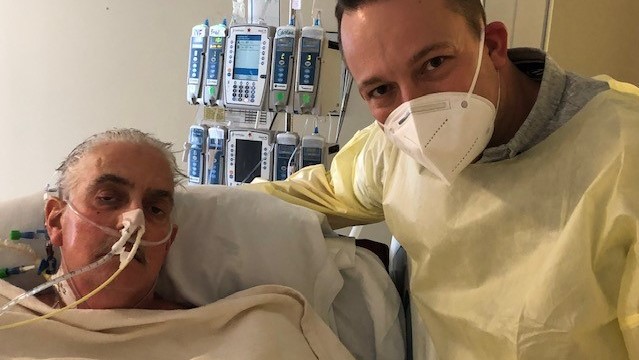
The first man to receive a transplanted pig’s heart died of heart failure due to several factors, not organ rejection, leading the doctors involved in the trial to call it a success. Doctors involved in the University of Maryland Medicine study said in a paper last month that a "complex array of factors" caused heart failure, according to a news release.
David Bennett, 57, received the genetically modified heart on Jan. 7 after the Food and Drug Administration gave emergency authorization on New Year’s Eve.
Before the transplant, Bennett had been hospitalized for six weeks with a life-threatening arrhythmia and had been connected to a heart-lung bypass machine.
The heart may have failed because a drug that is supposed to prevent rejection and infection might have damaged the muscle, the school said.
We're making it easier for you to find stories that matter with our new newsletter — The 4Front. Sign up here and get news that is important for you to your inbox.
"The heart was also found to contain evidence of DNA from a latent pig virus called porcine cytomegalovirus (pCMV) through highly sensitive testing that was first detected several weeks after the surgery and was later confirmed during autopsy of the organ," the release said. Whether the virus damaged the heart is under investigation.
Read the full story on NBCNews.com.



